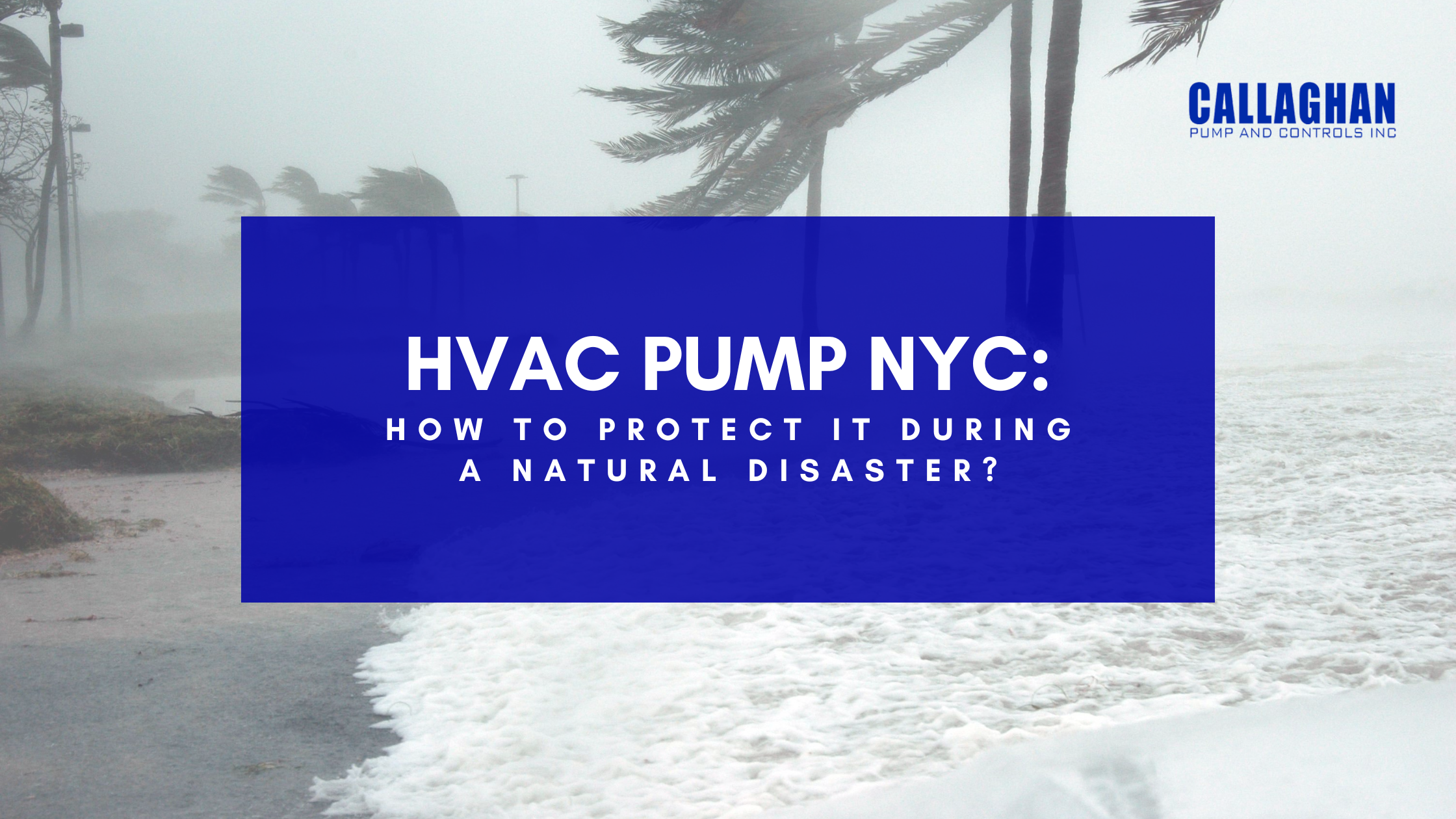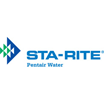
November 15th, 2023
With natural disasters comes destruction to nearly every aspect of a home or business, including HVAC pumps . The powerful forces of nature can devastate your HVAC system, leaving you to face significant repair or replacement costs. So, you must be proactive in planning for natural disasters.
The rise in natural disasters like hurricanes and floods can severely affect your HVAC pump system.
Fortunately, there are ways to protect your HVAC pumps NYC against natural disasters and ensure they don’t become another potential victim of an intense climate calamity. Let’s discuss some proactive measures.
One of the most important things you can do to protect your HVAC pumps from natural disasters is to create a plan for yourself, your family, or your business. This means identifying an evacuation route, getting an emergency kit, and securing your property. In addition, keep up to date with weather reports and know what to do in the event of a disaster.
If your HVAC pump system is located in a basement or some other low-lying area, you must elevate it to a higher floor. Keeping it above potential flood levels is essential to avoid any pump damage. Also, install flood barriers and seals around vulnerable areas, such as the basement window. This will prevent water from entering the area and reaching the pump.
If your HVAC pump is located outside, it is important to securely anchor it to prevent it from being blown away during high winds. You can consider installing windbreaks or enclosures to shield it from debris, heavy rain, and snow.
Power outages are evident during natural disasters. So, have a backup power supply, such as a generator or uninterruptible power supply (UPS). It will keep your HVAC pump system running even during power outages caused by extreme weather conditions.
When extreme weather breaks out, you first need to cut off the energy supply to your HVAC system at the circuit breaker. This is crucial if any floods are happening in or around the system – as water can cause electrocution if you’re not careful. Shutting off the power can also minimize the risk of a power surge.
Performing routine maintenance goes a long way to ensure that your HVAC system stays safe and functional during an emergency. This includes cleaning and lubricating your HVAC system components. You can hire a professional technician to inspect the system and identify worn-out components that may pose a risk during a crisis.
Be sure to retrofit your HVAC system with resilient components and materials that can withstand natural disasters. This may include using flood-resistant equipment, storm-rated enclosures, and other protective measures. Also, ensure your HVAC system is covered by insurance, including coverage for potential damage from natural disasters.
Are you in the market for domestic or commercial HVAC pumps that reduce energy costs? Then look no further than Callaghan Pump for branded heating and cooling pumps. Contact us for more information!
john@callaghanpump.com,
eileen@callaghanpump.com,
dan@callaghanpump.com,
sales@callaghanpump.com,
service@callaghanpump.com












